Alexander Pavlicin saves the world one piece of Styrofoam at a time
April 27, 2017
It happens everywhere, oftentimes without a second glance. A Styrofoam cup of coffee in the morning, an extra-long shower on a cold day. Most people don’t realize that little by little, their actions are destroying the exquisite, lively scenes of nature around them.
The beauty of the natural environment is dwindling at a rapid pace, and it’s evident across the world. Oceans are cluttered with discarded plastic, Antarctica is shrinking, coral reefs are being bleached, and countless other aspects of the natural world are being harmed by humans, almost irreparably.
Mass destruction of the environment is not an inevitability according to senior Alexander Pavlicin. Instead, he believes that change is possible if only regular people can tweak their habits for the sake of sustainability, and that “It all comes down to changing yourself first.” Furthermore, Pavlicin regards environmental conservation as an obligation of Earth’s inhabitants.
“What we do to the environment reflects back on us, so I believe it’s not only our responsibility and civic duty as a citizen of this country and of the world to protect the environment and to work to conserve it, but I also think that as a good human being it’s a good thing to do to protect, to respect what’s around you,” Pavlicin said. “It really comes down to what is right and what is wrong, and wasting to me is wrong.”
A Personal Issue
A lover of nature, Pavlicin practically lives outdoors, spending his days and nights playing baseball, basketball, hunting, running and sleeping under the multitude of stars as a Boy Scout. Because of Pavlicin’s connections to nature through Boys Scouts and athletics, environmental conservation is a deeply personal issue. This is precisely why Pavlicin and his friend Josiah Gregg founded the Youth for Sustainable Solutions club last year with the mission “to create a tangible impact on the environment in [the] community.”
“It’s very clear cut for me, because I’ve been in the environment and I’ve slept outside in the middle of nowhere in nature, so for me I understand how easy it is to forget that we aren’t the only species out there in the world,” Pavlicin explained. “I have come to appreciate the raw beauty of the environment.”
For Pavlicin, the most effective way to preserve the environment is to lesson our own personal footprint. Humans clutter oceans and other natural landscapes with plastic, Styrofoam, chemicals, and numerous other pollutants. The effect is catastrophic to the ecosystem.
“You can say all sorts of big speeches or hold big events to create change, but if you yourself don’t try to eliminate waste, if you yourself individually do not try to create change, that global change will never happen,” Pavlicin said. “By only using what I have to use or what I should use, it helps me be a better person, a better citizen, and it’s also the best for the environment.”
The Little Things
When the cafeteria began using Styrofoam trays while the dishwasher was broken last year, Pavlicin and the Youth for Sustainable Solutions intervened. Styrofoam is non-biodegradable, which means that each and every tray used by the couple thousand students will remain on this planet for a million years before it decomposes. Pavlicin and the club encouraged the cafeteria to use cardboard trays, which are much more environmentally-friendly.
“No one really noticed; it wasn’t a huge deal, but as a group and as someone who has dealt with sustainable efforts, I understand that Styrofoam is absolutely horrendous to the environment, that when you have that many students using those trays, it’s a complete waste,” Pavlicin explained. “We tried to find a better way.”
Similar to the disastrous effects of Styrofoam, plastic bags are a massive source of pollution in the environment. Though sometimes they are reused, plastic bags mostly end up in oceans or woodlands, both of which wreak havoc on nature.
“They’re terrible for the environment. We see all the time, trash vortexes… plastic ends up anywhere,” Pavlicin said. “To try and move away from [using plastic bags] or to use them less, will have an impact.”
Making an Impact
When it comes to making a positive, meaningful impact on the environment, Pavlicin believes that it is a personal movement rather than a political one. Though he does not deny that environmental conservation has become a political issue, he prefers to fight for change on an individual level. He inspires himself and others to use whatever solar energy possible and bike, walk and run more often to avoid waste.
“The most important things we can do are to conserve water, to eliminate plastic and other non-biodegradable substances, we can compost more, we can try to rely less on cars and on other transportation vehicles that use gasoline, oil, and other substances that are harmful to the environment,” Pavlicin said. “It’s little changes throughout your life, it’s not one big change.”
Ultimately, Pavlicin preaches that if each and every person does their part to eliminate waste and create a positive impact, the environment can be saved. Along with the Youth for Sustainable Solutions, Pavlicin is determined to maintain the natural world in which he enjoys so much of his time by using renewable resources, avoiding non-biodegradable materials, and other little things that create a big impact.
“The real meaningful change in terms of the environment and sustainability starts with a group of high schoolers making an impact,” Pavlicin said.


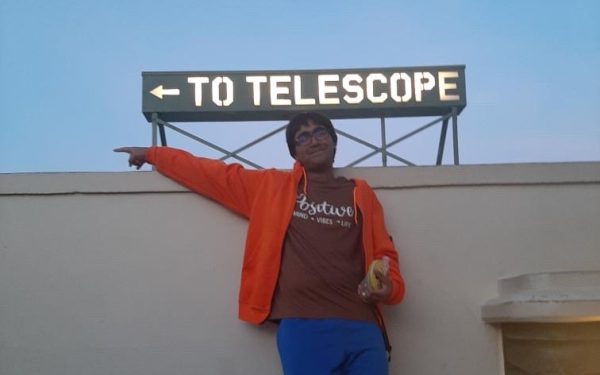
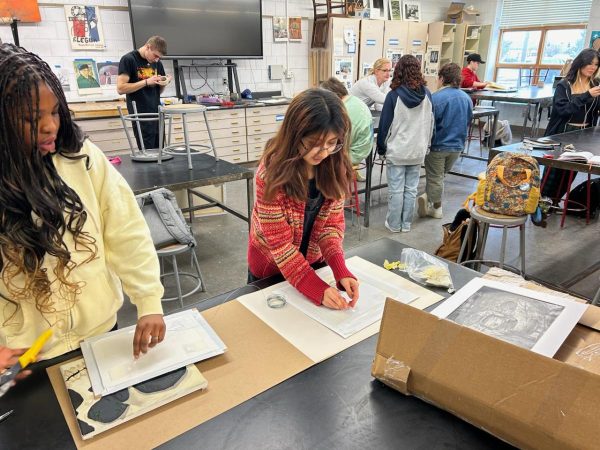
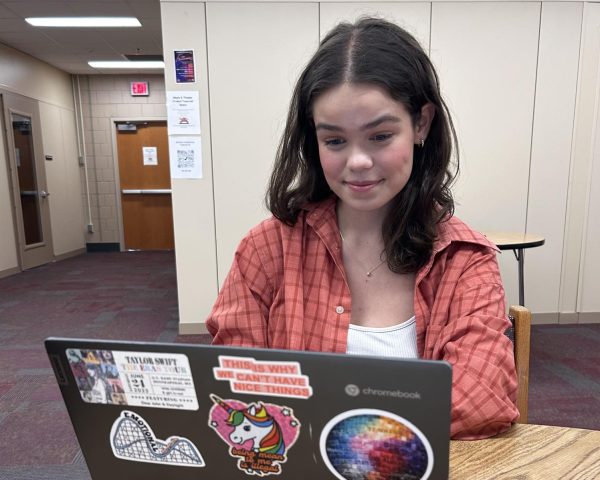
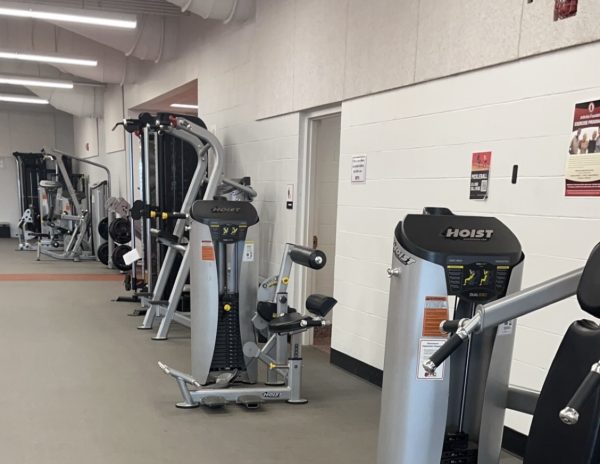
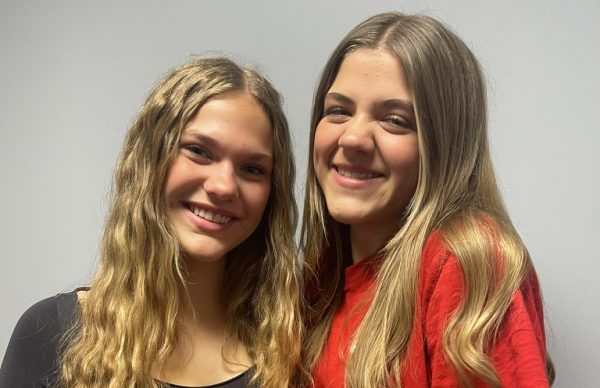
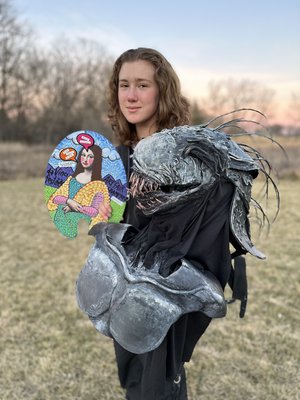
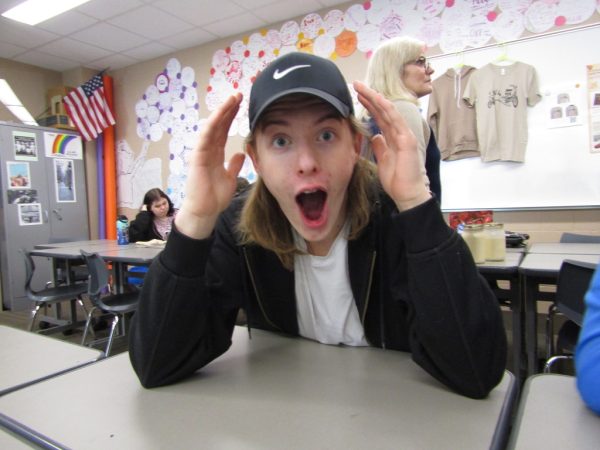
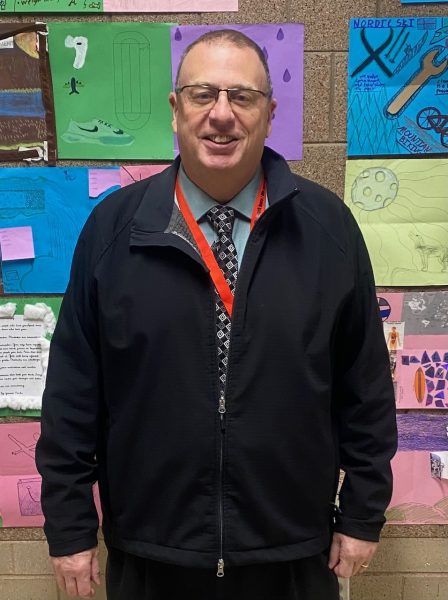
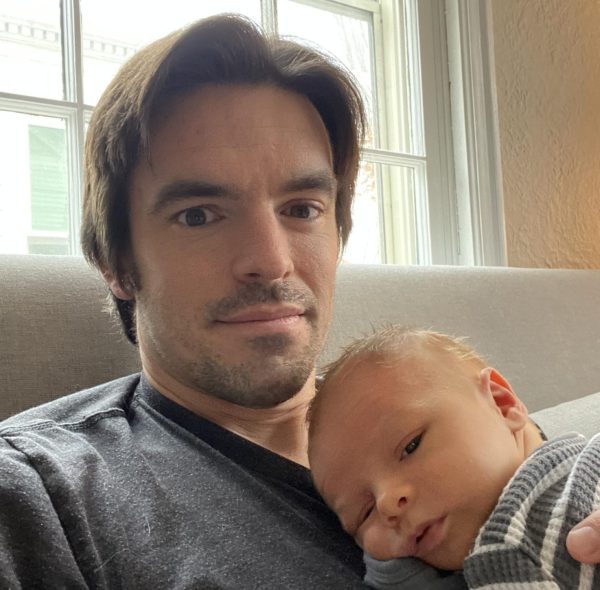
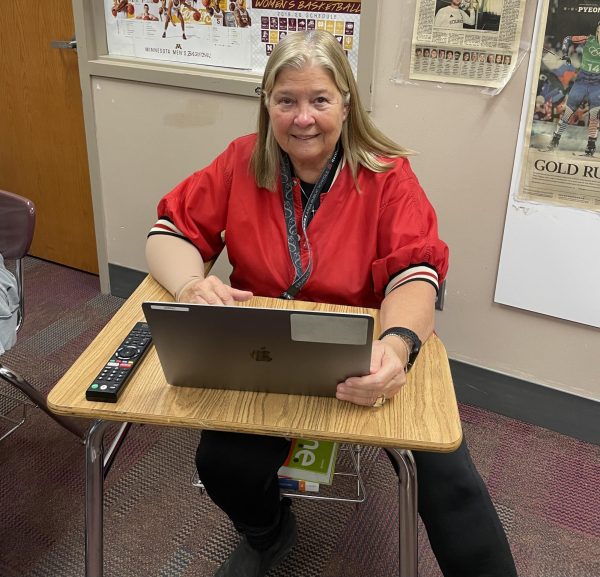
Cates Eliasen • Apr 30, 2017 at 8:58 pm
As a good friend of Xander’s, this was a really fun and interesting article to read. He’s put so much effort and care into this for a long time, and the article really does a good job at getting that across to the reader. You also did a very nice job showing Xander’s sweet and unique personality through his quotes and descriptions!